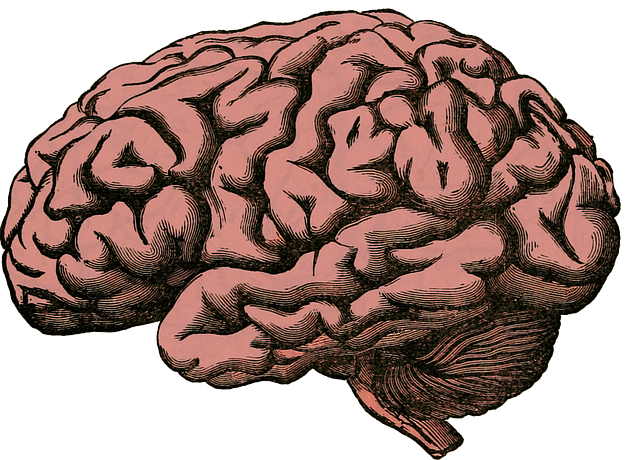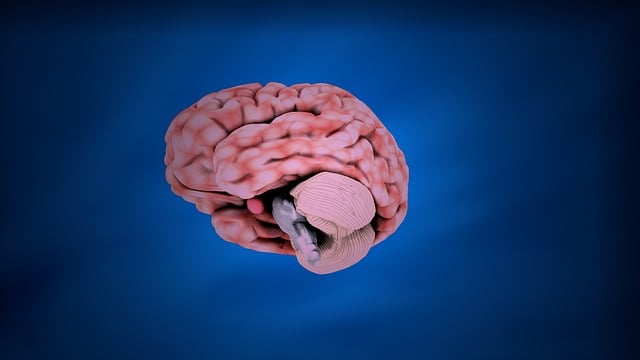Trauma significantly impacts gender identity formation, especially in younger individuals. Lafayette Gender Identity Therapy addresses this by offering specialized programs for stress management and mental wellness coaching, focusing on trauma's root causes. Their unique approach integrates therapy with advocacy, creating safe spaces for LGBTQ+ clients to explore their identities and overcome systemic barriers. Through evidence-based practices and tailored interventions, Lafayette revolutionizes trauma support, fostering holistic healing and self-acceptance.
Trauma can significantly impact an individual’s gender identity, making comprehensive support services crucial. This article explores the profound connection between trauma and gender identity, focusing on how Lafayette Gender Identity Therapy (LGIT) is revolutionizing care. We delve into LGIT’s role in providing specialized therapy, addressing unique challenges faced by individuals navigating trauma and gender dysphoria. Additionally, we offer practical strategies for enhancing support through trauma-informed care, ensuring sensitive and effective assistance.
- Understanding Trauma and its Impact on Gender Identity
- The Role of Lafayette Gender Identity Therapy in Support Services
- Enhancing Support: Strategies for Effective Trauma-Informed Care
Understanding Trauma and its Impact on Gender Identity

Trauma can significantly impact an individual’s sense of self and identity, particularly when it comes to gender identity. Understanding the intricate relationship between trauma and gender is crucial in providing effective support for those seeking therapy. Experiencing traumatic events, especially at a young age, can shape one’s internalized gender norms and expressions. For instance, a child subjected to neglect or abuse may develop a distorted view of their own gender, leading to confusion and potential gender dysmorphia later in life. This is where services like Lafayette Gender Identity Therapy play a vital role.
The impact of trauma extends beyond the immediate effects; it can manifest as long-lasting psychological scars that influence an individual’s mental wellness. This is particularly relevant for marginalized communities who may face additional stressors related to gender identity and societal expectations. The development of tailored support systems, including Stress Management Workshops Organization and Mental Wellness Coaching Programs, can empower individuals to navigate these challenges. By addressing the root causes of trauma and promoting healthy coping mechanisms, these initiatives ensure that people on their journey of understanding and embracing their true selves receive the necessary tools for a brighter, more resilient future.
The Role of Lafayette Gender Identity Therapy in Support Services

Lafayette Gender Identity Therapy plays a pivotal role in trauma support services by addressing the unique needs of individuals navigating gender identity challenges while healing from past traumas. Their specialized approach integrates mental health policy analysis and advocacy, ensuring that clients are empowered not only to understand their experiences but also to navigate systemic barriers. Through resilience-building strategies, Lafayette provides a safe space for self-discovery, fostering an environment conducive to emotional growth.
This therapy goes beyond traditional risk assessment for mental health professionals; it prioritizes the nuanced risks faced by individuals in the LGBTQ+ community, offering tailored interventions. By combining evidence-based practices with a deep understanding of gender identity issues, Lafayette Gender Identity Therapy is revolutionizing trauma support, enabling clients to heal holistically and embrace their true selves.
Enhancing Support: Strategies for Effective Trauma-Informed Care

Effective trauma-informed care requires a multifaceted approach that goes beyond traditional therapeutic methods. At Lafayette Gender Identity Therapy, we recognize that every individual’s journey with trauma is unique and necessitates tailored support. Strategies for enhancing support include creating safe and non-judgmental spaces where individuals feel empowered to share their experiences openly. This involves training therapists in trauma-focused techniques to ensure sensitivity and proficiency in handling complex emotional needs.
By integrating evidence-based practices, such as cognitive behavioral therapy (CBT) and eye movement desensitization and reprocessing (EMDR), we can help clients process traumatic memories effectively. Moreover, addressing burnout prevention among support staff is paramount; well-being initiatives ensure a sustainable environment for providing quality care. This holistic approach, coupled with advocacy for improved mental health policy analysis and advocacy, paves the way for comprehensive trauma support services, ultimately fostering anxiety relief and long-term healing.
Lafayette Gender Identity Therapy plays a pivotal role in providing trauma support services, addressing the unique needs of individuals navigating gender identity challenges while recovering from traumatic experiences. By integrating evidence-based practices and trauma-informed care, this therapy centre offers a safe space for healing and growth. Through enhancing support strategies, it ensures that clients receive comprehensive assistance, fostering resilience and promoting positive outcomes in their journey towards recovery and self-discovery.














